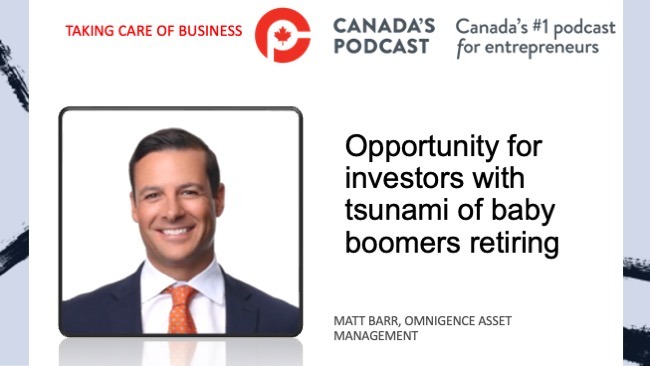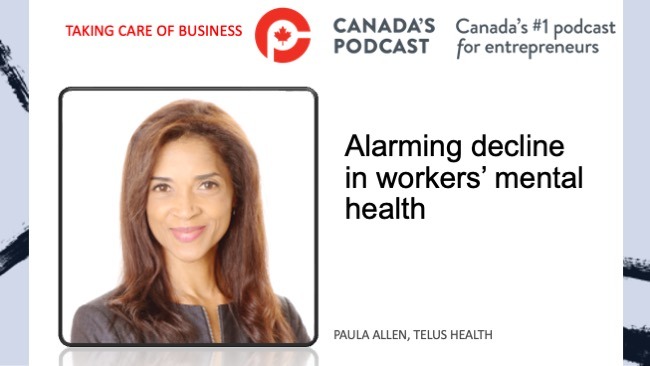The idea of a 15-minute neighbourhood is becoming increasingly more important these days as Canadians struggle with housing affordability and a shortage of demand to meet the growing need of homeownership.
RE/MAX Canada in its latest report 15-Minute Neighbourhoods: Lessons for Small Communities says the urban planning concept is a pragmatic approach to building the right supply of affordable housing for the greatest number of Canadians, in a way that delivers maximum liveability, particularly in smaller municipalities that are experiencing rapid growth.
The concept puts daily necessities within a 15-minute walk, bicycle or transit ride from home.

Christopher Alexander
“Private and public interests must coalesce to make what seems visionary to some, tangible for all,” said Christopher Alexander, President of RE/MAX Canada. “By rethinking the design, relevant government policies and zoning bylaws applicable in our neighbourhoods, and integrating all the complex layers within existing developed land areas, we can achieve a more effective and comprehensive national housing strategy.
“We agree that Canada needs to invest in building a lot more homes in the next decade, but it must be the right kind of housing within the context of the wider neighbourhood, its socioeconomic diversity, and indeed with climate as a constant potential disruptor. We need to invest in new soft and hard infrastructure; we need to also ensure that a percentage of the inventory is subsidized, open to non-equity co-op type properties and diversified across building types to avoid the perils of gentrification. We must rethink our streetscape to bring better diversity between public transportation, biking, walking and driving.
“If we want to make strides toward sustainable, long-term liveable and affordable housing, we must use existing land more pragmatically and create cities, towns and neighbourhoods that offer a mix of housing types with a vision for quality of life at the forefront.”

Elton Ash
“Without schools, libraries, small businesses, enterprise and green spaces, as well as accessible and diversified transportation, the home becomes empty inventory,” said Elton Ash, Executive Vice President of RE/MAX Canada. “Our 15-Minute Neighbourhoods Report begins with what everyone agrees upon – Canada and its three levels of government must implement a housing strategy that will significantly and expediently build more accessible and affordable housing across all markets, large and small. However, there are a number of unintended consequences tied to the seemingly simple equation of just adding more housing inventory.
“There is a misconception that the 15-minute neighbourhood is a new – in reality, as many of our agents and brokers in cities such as, Brampton, Ottawa and Regina have indicated, the concept is already in place, with plans for expansion. There’s growing consumer demand for neighbourhoods that allow residents to achieve work-life balance, greater affordability and access to amenities that boost quality of life – a trend that we expect will continue to gain momentum in the coming years.”
According to a Leger survey commissioned by RE/MAX Canada as part of the report:
- Canadians ranked “lack of available and accessible transit options,” among their top three paint points in their communities (34 per cent). To further supplement, non-drivers are more likely to agree that the 15-Minute concept is achievable and feasible (58 per cent) compared to drivers (48 per cent);
- 48 per cent of respondents agree that the concept of the 15-Minute Neighbourhood is achievable and feasible, particularly non-drivers (59 per cent, versus 45 per cent of drivers). In addition, 54 per cent believe that (a) their neighbourhood needs better diversity and balance across walking, biking, public transportation, and driving and that (b) the 15- minute neighbourhood would help Canada reach its climate goals;
- 35 per cent of respondents agree that reducing commuting time to 15-minutes or less for necessary services, like work, appointments, childcare, restaurants and entertainment, shopping, etc., would improve one’s quality of life. However, lack of proximity to necessary amenities like grocery stores or childcare services, in addition to lack of safe, diverse transportation methods, like transit (34 per cent) and bike lanes and walkways (23 per cent) are identified as top pain points for Canadians.

Mario Toneguzzi
(Mario Toneguzzi is Managing Editor of Canada’s Podcast. He has more than 40 years of experience as a daily newspaper writer, columnist, and editor. He was named in 2021 as one of the Top 10 Business Journalists in the World by PR News – the only Canadian to make the list)
About Us
Canada’s Podcast is the number one podcast in Canada for entrepreneurs and business owners. Established in 2016, the podcast network has interviewed over 600 Canadian entrepreneurs from coast-to-coast.
With hosts in each province, entrepreneurs have a local and national format to tell their stories, talk about their journey and provide inspiration for anyone starting their entrepreneurial journey and well- established founders.
The commitment to a grass roots approach has built a loyal audience with over 120,000 downloads and thousands of subscribers on all our social channels and YouTube. Canada’s Podcast is proud to provide a local, national and international presence for Canadian entrepreneurs to build their brand and tell their story.





